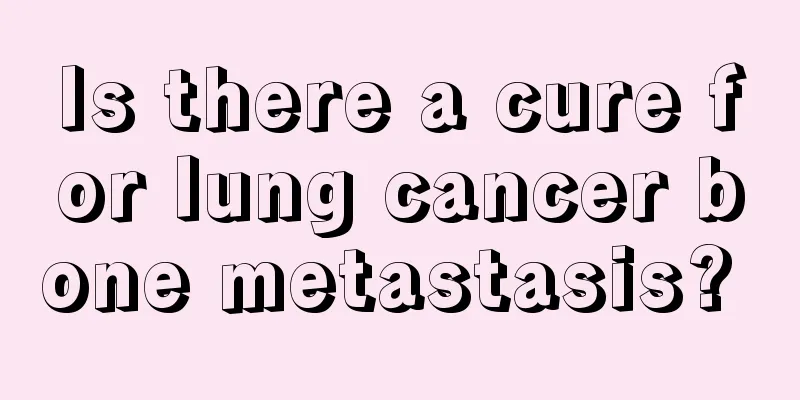Ulceration of neck tumor in late stage of nasopharyngeal carcinoma

|
Ulceration of the neck tumor in the late stage of nasopharyngeal carcinoma is a serious manifestation of disease progression and requires immediate medical attention. Treatment methods include radiotherapy, chemotherapy and surgery, combined with nutritional support and psychological counseling. 1. Causes of ulceration of neck tumor in late stage of nasopharyngeal carcinoma In the late stage of nasopharyngeal carcinoma, neck tumor ulceration is usually caused by the continued growth of the tumor and invasion of surrounding tissues, leading to local blood circulation disorders and tissue necrosis. Nasopharyngeal carcinoma itself is closely related to Epstein-Barr virus infection, genetic susceptibility, and environmental factors such as smoking, drinking, and eating pickled foods. In the late stage, the tumor increases in size, compressing or eroding blood vessels and skin, causing ulceration and infection. 2. Treatment methods 1. Radiotherapy: Radiotherapy is the main treatment for nasopharyngeal carcinoma, especially for patients in the advanced stage. Precision radiotherapy can reduce the size of the tumor, relieve symptoms, and control further deterioration of the ulcerated area. 2. Chemotherapy: Chemotherapy drugs such as cisplatin and paclitaxel can inhibit tumor growth, reduce pain and infection risk. Chemotherapy is often used in combination with radiotherapy to improve efficacy. 3 Surgery: For patients with severe local ulceration and poor radiotherapy response, surgical removal of necrotic tissue can be considered to relieve symptoms and improve quality of life. 3. Nutritional support and care Patients with advanced nasopharyngeal carcinoma are often accompanied by malnutrition and need to strengthen dietary conditioning. It is recommended to choose high-protein, high-calorie, easily digestible foods, such as eggs, fish, tofu, etc. If necessary, energy can be supplemented through nasogastric feeding or intravenous nutrition. The ulcerated area needs to be cleaned and disinfected regularly, antibiotic ointment should be used to prevent infection, and the area should be kept dry and hygienic. 4. Psychological counseling and support Advanced cancer patients are prone to psychological problems such as anxiety and depression, so their family members and medical staff should provide adequate psychological support. Through psychological counseling, group activities and other means, patients can be helped to relieve their emotions and enhance their confidence in treatment. Late-stage nasopharyngeal carcinoma with ulcerated neck tumors requires comprehensive treatment, with radiotherapy, chemotherapy and surgery as the main means, while also focusing on nutritional support and psychological counseling. Patients and their families should actively cooperate with doctors in treatment, have regular follow-up examinations, and adjust treatment plans in a timely manner to improve their quality of life. |
<<: What causes nasopharyngeal cancer
>>: What are the symptoms of renal hamartoma?
Recommend
What should I do if my knee gets swollen after a fall
In daily life, if people are not careful when wal...
What is the formula for foam glue?
Polyurethane foam sealant is called foam glue, wh...
Bladder cancer cystoscopy
The occurrence of bladder cancer has a serious im...
Home wine fermentation tank
As everyone knows, wine is made through fermentat...
Why do I urinate frequently after drinking beer?
Some people will find that they urinate frequentl...
What are the dangers of rectal cancer
What are the dangers of colorectal cancer? Every ...
The harm of asbestos fiber to human body
Asbestos is a commonly used decorative material i...
Dietary precautions for patients with osteosarcoma
Osteosarcoma is the most common malignant bone tu...
What are blackheads on the ears?
Blackheads are a common skin problem in clinical ...
How are vermicelli made
In China, vermicelli can be found almost everywhe...
It turns out that there are 9 symptoms of stomach problems
Gastric disease is a relatively common disease in...
I became ugly after eyelash extensions
With the development of modern beauty technology,...
How to treat itchy skin
There are many itching nerves distributed all ove...
How is the effect of TCM treatment for bile duct cancer
Since ancient times, traditional Chinese medicine...
What medicine can cure constipation and cleanse the intestines?
Constipation is a very troublesome thing. Some pe...









